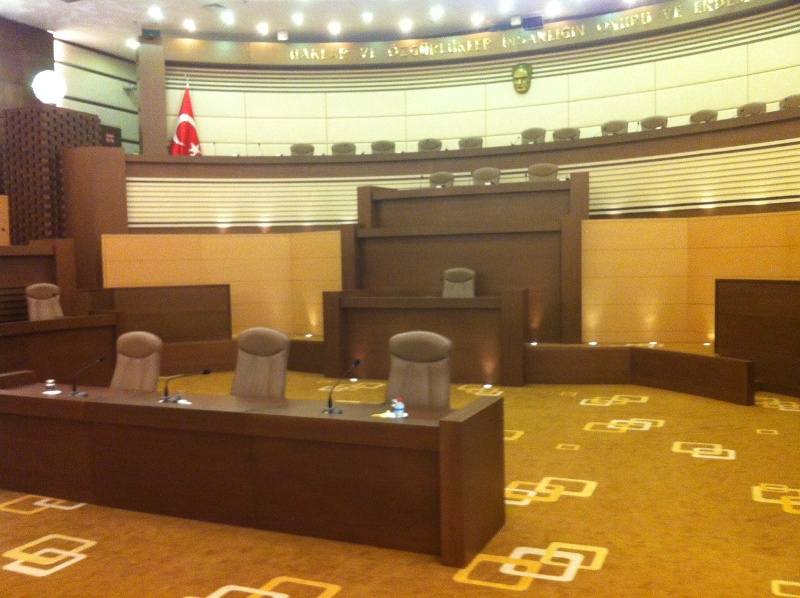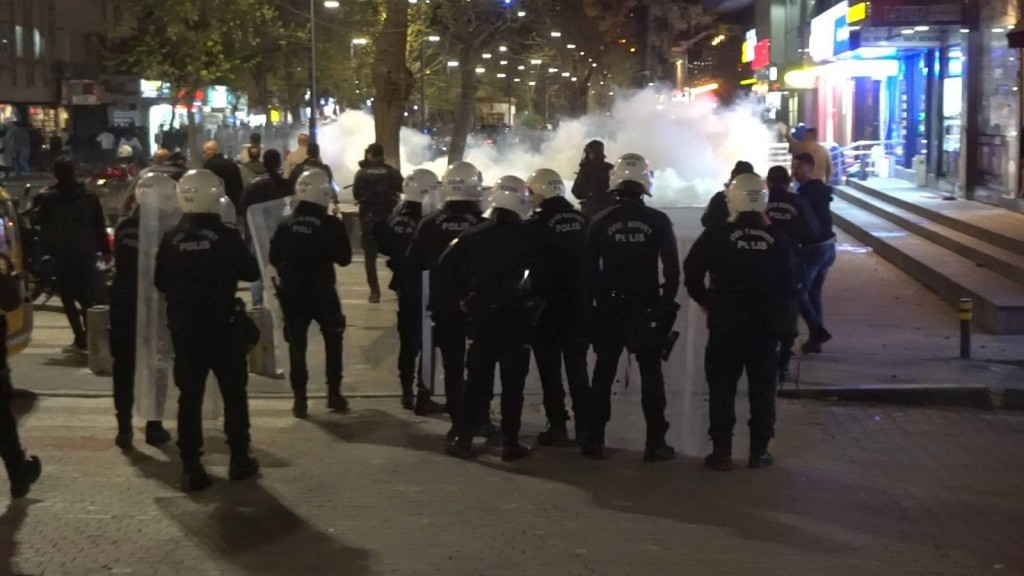But IPI added that the true test of the impact of the decision, which cited rulings by the European Court of Human Rights, will be whether lower courts choose to follow it and whether it leads to renewed efforts to reform laws that give government officials heightened protection from scrutiny.
“While this decision is a welcome step, it needs to be followed by action,” IPI Director of Advocacy and Communications Steven M. Ellis said. “Lower courts need to ensure that their rulings on cases involving defamation or insult meet the standards of the European Convention on Human Rights, which Turkey has signed; prosecutors need to stop bringing cases that chill journalists from reporting legitimate criticism of public officials; and lawmakers need to move to amend these laws, to make sure that they cannot be used to stifle reporting on matters of public interest.”
He continued: “Equally importantly, Turkish government officials need to accept that a position as a public servant requires them, in order to uphold the public trust, to accept a greater degree of scrutiny. While sometimes unpleasant for them, that is absolutely vital to the function of democracy.”
Daily Cumhuriyet columnist Bekir Coşkun was convicted of criminal insult charges and given a suspended, 14-month prison sentence after three then-deputies from the Justice and Development Party (AKP) complained about a July 4, 2013 column in which Coşkun questioned how support for the party could be so high given what he termed its many “scandals” and “disgraces”.
The column, which came amid the Gezi Park protests that rocked the country that summer, highlighted some protestors’ practice of painting stairs in multiple colours and it urged readers to do the same in protest of government actions.
On Coşkun’s appeal, Turkey’s Constitutional Court – in a decision ordering the sentence rescinded and awarding Coşkun 5,000 liras (approx. €1,700) – reportedly opined that “acceptable limits to criticism of politicians are wider than acceptable limits to criticism of other people”.
It continued: “Unlike others, a politician intentionally opens each of his or her statements and actions to the public, as well as other politicians’ scrutiny. That is why they must have a wider tolerance.”
The Court also said that suspending the sentence did not mitigate its chilling power and may actually have added to the stress Coşkun suffered.
While many welcomed the Court’s decision, Turkish law professor Dr. Yaman Akdeniz, vice rector at Istanbul Bilgi University, told IPI that it needed to be viewed with some caution, noting that “it does not go deep into issues with respect to the chilling effect of [criminal insult] prosecutions and investigations”.
IPI has regularly highlighted the problem that journalists face from Turkey’s criminal insult laws, which provide prison sentences as a penalty and increase the term when the person complaining is a public official and the content at issue was delivered via the media.
President Recep Tayyip Erdoğan has filed hundreds of such cases against journalists and others in the last year. In a troubling development, Cumhuriyet reporter Canan Coşkun last week found herself facing a potential 23-year prison sentence after judiciary officials objected to her article that alleged they were able to buy discounted residences from a public real estate company.
Akdeniz also emphasised that it remained to be seen whether lower courts would embrace the Constitutional Court decision in their own rulings. Pointing to the Court’s rulings last year throwing out bans on Twitter and YouTube, he noted: “The impact of the Twitter and YouTube decisions have been zero, and websites and content are [still] subjected to blocking decisions on a daily basis.”



